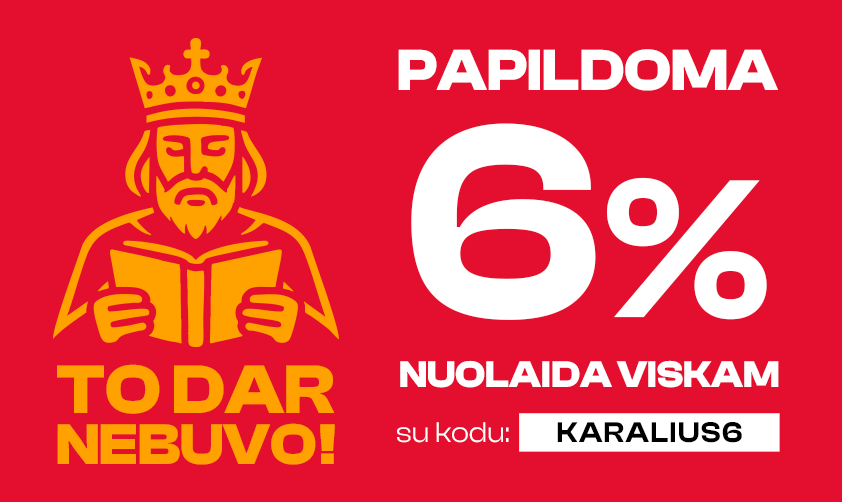- Išparduota
- Autorius: Ronald E. Day
- Leidėjas: MIT Press
- Metai: 2019
- Puslapiai: 200
- ISBN: 9780262356039
- ISBN-10: 0262356031
- ISBN-13: 9780262356039
- Formatas: ACSM ?
- Kalba: Anglų
Atsiliepimai
Aprašymas
A historical-conceptual account of the different genres, technologies, modes of inscription, and innate powers of expression by which something becomes evident.The open access edition of this book was made possible by generous funding from the University of Indiana TOME Grant.
In this book, Ronald Day offers a historical-conceptual account of how something becomes evident. Crossing philosophical ontology with documentary ontology, Day investigates the different genres, technologies, modes of inscription, and innate powers of expression by which something comes into presence and makes itself evident. He calls this philosophy of evidence documentarity, and it is through this theoretical lens that he examines documentary evidence (and documentation) within the tradition of Western philosophy, largely understood as representational in its epistemology, ontology, aesthetics, and politics.
Day discusses the expression of beings or entities as evidence of what exists through a range of categories and modes, from Plato's notion that ideas are universal types expressed in evidential particulars to the representation of powerful particulars in social media and machine learning algorithms. He considers, among other topics, the contrast between positivist and anthropological documentation traditions; the ontological and epistemological importance of the documentary index; the nineteenth-century French novel's documentary realism and the avant-garde's critique of representation; performative literary genres; expression as a form of self evidence; and the “post-documentation” technologies of social media and machine learning, described as a posteriori, real-time technologies of documentation. Ultimately, the representational means are not only information and knowledge technologies but technologies of judgment, judging entities both descriptively and prescriptively.

Elektroninė knyga:
Atsiuntimas po užsakymo akimirksniu! Skirta skaitymui tik kompiuteryje, planšetėje ar kitame elektroniniame įrenginyje.
Kaip skaityti el. knygas ACSM formatu?
Mažiausia kaina per 30 dienų: 58,49 €
Mažiausia kaina užfiksuota: 2025-07-05 06:41:56
- Autorius: Ronald E. Day
- Leidėjas: MIT Press
- Metai: 2019
- Puslapiai: 200
- ISBN: 9780262356039
- ISBN-10: 0262356031
- ISBN-13: 9780262356039
- Formatas: ACSM ?
- Kalba: Anglų
The open access edition of this book was made possible by generous funding from the University of Indiana TOME Grant.
In this book, Ronald Day offers a historical-conceptual account of how something becomes evident. Crossing philosophical ontology with documentary ontology, Day investigates the different genres, technologies, modes of inscription, and innate powers of expression by which something comes into presence and makes itself evident. He calls this philosophy of evidence documentarity, and it is through this theoretical lens that he examines documentary evidence (and documentation) within the tradition of Western philosophy, largely understood as representational in its epistemology, ontology, aesthetics, and politics.
Day discusses the expression of beings or entities as evidence of what exists through a range of categories and modes, from Plato's notion that ideas are universal types expressed in evidential particulars to the representation of powerful particulars in social media and machine learning algorithms. He considers, among other topics, the contrast between positivist and anthropological documentation traditions; the ontological and epistemological importance of the documentary index; the nineteenth-century French novel's documentary realism and the avant-garde's critique of representation; performative literary genres; expression as a form of self evidence; and the “post-documentation” technologies of social media and machine learning, described as a posteriori, real-time technologies of documentation. Ultimately, the representational means are not only information and knowledge technologies but technologies of judgment, judging entities both descriptively and prescriptively.



Atsiliepimai